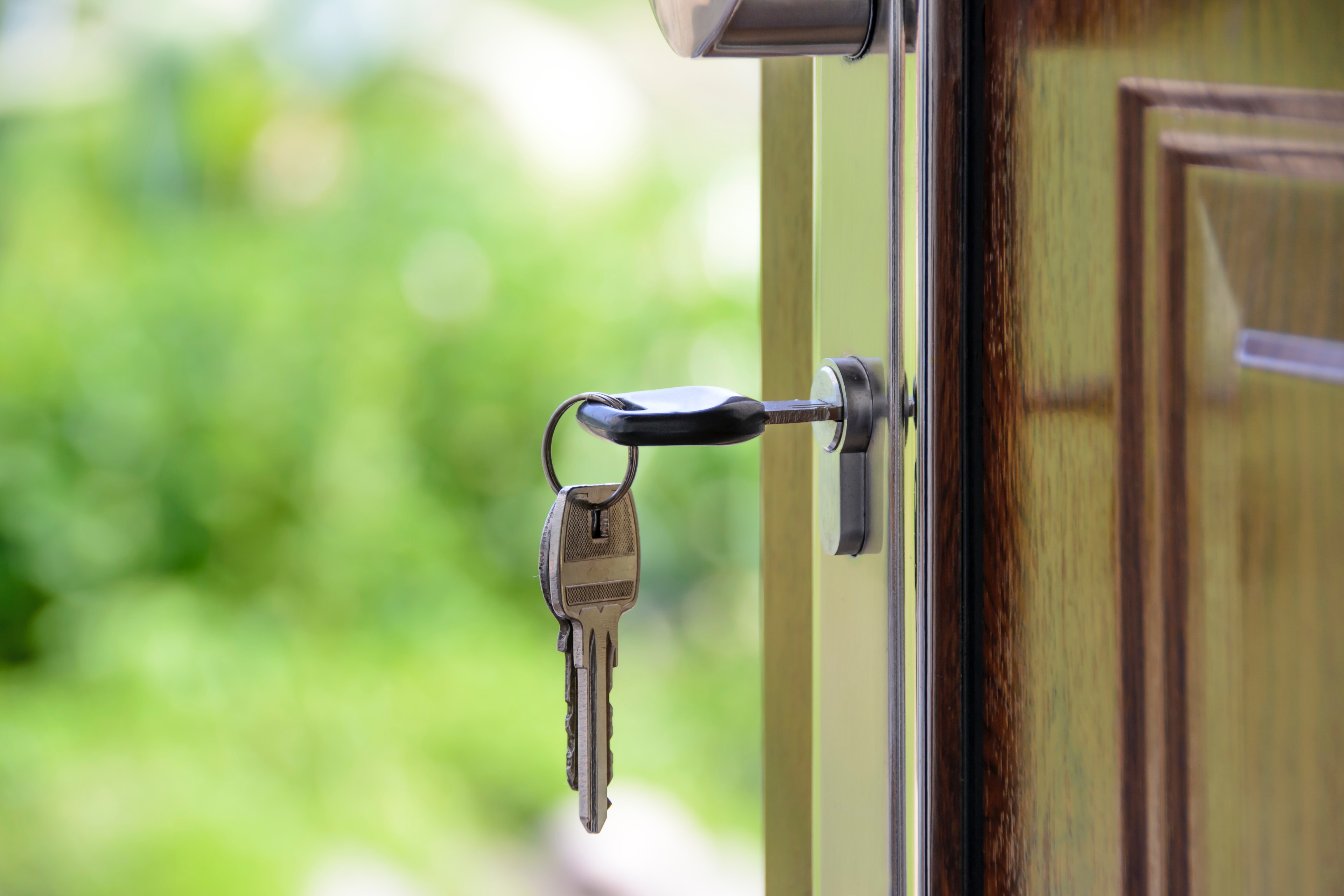What does a tenant’s deposit cover?
Understanding what a tenant’s deposit covers is essential for both the tenant and the landlord. As it is with landlords, it is important for tenants to familiarise themselves with any responsibilities they could contractually bear.

As of April 1st 2013, landlords have to protect deposits in an authorised tenancy deposit protection scheme.
When a property is rented privately, it is typical that tenants will be expected to pay a security deposit which is likely to be equal to the next month’s rent and cannot exceed a maximum of five weeks rent.
It is also possible for landlords to give tenants the option to use their security deposit to pay their final month’s rent, but this will vary depending on the landlord or the contract.
Although the deposit does belong to the tenant and should be returned at the end of the tenancy, there are a few things that can be deducted from the deposit if the tenant does not meet their tenancy obligations.
Unpaid Rent
If a tenant has any unpaid rent, this can be deducted from their deposit as the landlord can use it to cover rent arrears.
The tenancy agreement that has been issued by the landlord will state the dates that rent must be paid as well as the amount that will be owed. Failure to meet these requirements could result in money being taken from the deposit.
Damage
A landlord can deduct money from a tenant’s security deposit if they have caused damage to the property. This can also include the garden if it is not up-kept or damaged in any way.
However, general wear and tear should not be included in the costs that can be deducted from the security deposit.
General wear and tear refers to the damage that occurs over time. This may minor scratches on the walls, carpets that have been worn down or curtains that have faded over time. General wear and tear are almost impossible to avoid, especially over longer periods of time.
If the damage was caused after general wear and tear has occurred or if something has gotten old, the landlord should only charge based on a “like for like” basis.
For example, if an old stove has been damaged, the landlord should not charge the tenant for the price or a brand new modern stove that costs much more than the original stove.
Cleaning Costs
If the tenant has caused a mess in the rented property, a landlord can deduct the cleaning costs from the tenants’ security deposit.
This is the most common reason that deductions are made from deposits as it is expected that the property is left in the same state when the tenant leaves the day they moved in.
The tenant will usually have the choice of either cleaning the property themselves or hiring a professional cleaner.
Changes To The Property
Tenants should not be making any significant changes to the property without getting written permission from the landlord.
The main form of change to the property would be through redecoration or moving the furniture in a way that makes it difficult for the landlord to put it back into place at the end of the tenancy. Redecoration of the property is particularly an issue if it causes damage like nails in the walls, for example.
Changes to the property might also include removing a smoke detector or changing a gas meter which will also cause an issue with landlords’ compliance as things like smoke detectors are legal requirements and can have legal consequences.
Utility Bills
The landlord has the right to withhold the security deposit if the occupant has outstanding utility bills if the tenancy agreement states that the tenant is expected to pay them.
To avoid disputes with landlords about whether bills have been paid, it is recommended that tenants keep a record of the receipts or have the utility company send a final bill.
Missing Items
Missing items are another cause for funds being deducted from a tenant’s security deposit.
It is recommended that landlords keep a list of the items that were provided in the property before a tenant rents it out and the quality they were in.
Any items that are no longer in the property by the end of the tenancy will be classified as a missing item.
The value of the missing item can be deducted from the security deposit and further action may be necessary if the deposit doesn’t cover the cost of the missing item or items.
*Disclaimer: please note this blog is only intended as a guide, and is not to be taken as legal advice*


